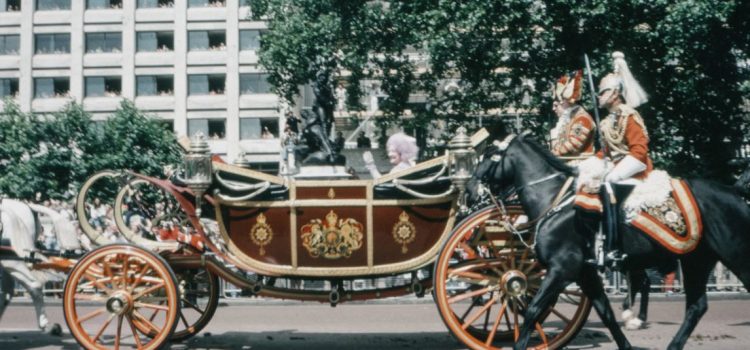
This is a free excerpt from one of Shortform’s Articles. We give you all the important information you need to know about current events and more.
Don't miss out on the whole story. Sign up for a free trial here .
Does the passing of Queen Elizabeth II mean the beginning of the end for the British monarchy? Would this be a good or bad change? Does it even matter?
The passing of Queen Elizabeth II marked the end of an era—one in which the institution of the monarchy arguably mattered. But moving forward, some say, the monarchy will no longer add value either to Britain or to the world, and it will continue to lose relevance until eventually, it’s abolished.
Here’s why some say Great Brian is entering a new era.
The British Monarchy Is Ending
Some observers argue that the Queen’s death ends an era defined by imperialism and colonialism, and that this in turn ends the need for a monarchy that represents such an era.
To be sure, Elizabeth II’s 70-year reign was less imperialistic than previous regimes—some historians, in fact, say hers was the first post-colonial reign because she didn’t oversee an active increase in British power abroad. Still, even if Great Britain under Elizabeth II didn’t actively acquire overseas colonies, its history of doing so was recent enough during the majority of her reign that it was sharply felt as a presence—nostalgically, it might be said.
In contrast, the Great Britain of today may be gazing inward rather than outward toward the rest of the globe: It has no illusions of world domination, and its decision to leave the EU (through Brexit) suggests a populace more concerned with conserving a sense of Britishness at home rather than spreading influence abroad. Localism over globalism, and cultural Britishness over imperial Britishness, is the zeitgeist of the day, according to the anti-monarchy perspective.
A Relic of the Past
In such an age, a monarchy—a relic of an imperial era—feels anachronistic. With its inherent support of hereditary class rights, it comes across as out of touch with modern, democratic ideals. And many argue that continuing to fund a ceremonial figurehead with no legislative powers is a misuse of public money that can be better directed toward national programs. (Estimates of how much is spent to sustain the Royal Family annually range from £102 million to £500 million.)
Further, many countries that still call the British monarch their head of state are becoming less eager to maintain that dynamic. Barbados declared itself a republic and separated from the British monarchy in 2021, protesters greeted Prince William and his wife Catherine earlier this year on their Caribbean tour, and anti-monarchy rallies broke out across Australia in the days following the Queen’s death.
What’s Next?
There’s debate as to whether current support for the British monarchy reflects positive feelings toward the institution in general or toward Queen Elizabeth II in particular, and whether King Charles III will be able to engender the same level of popularity his mother did.
This may depend on how King Charles approaches his role: The Queen’s steadfast refusal to enter into politics or to opine on controversial topics allowed her to present a stable, reassuring front to the public that earned her much affection. Further, her reputation as a representative of old-fashioned values like self-sacrifice, duty, and modesty diverted focus from some of the more problematic aspects of the monarchy, like its history of violence, exploitation, and theft.
Some, though, point out that King Charles’s reign will not be nearly as long as his mother’s, and that his true role may actually be as a placeholder for the younger, more popular generation coming up behind him: William, Catherine, and their son, George. If that’s the case, then it’s plausible that the monarchy will someday again become more popular, and in the long run, will likely survive in some form or another—if not as the head of an extended collection of nations, then at least as an enduring symbol of regional Britishness.

Want to fast-track your learning? With Shortform, you’ll gain insights you won't find anywhere else .
Here's what you’ll get when you sign up for Shortform :
- Complicated ideas explained in simple and concise ways
- Smart analysis that connects what you’re reading to other key concepts
- Writing with zero fluff because we know how important your time is






